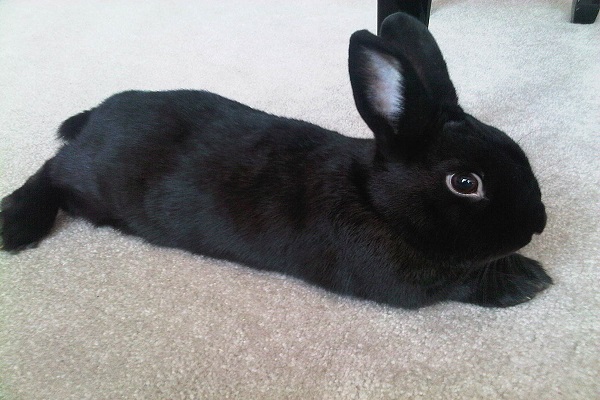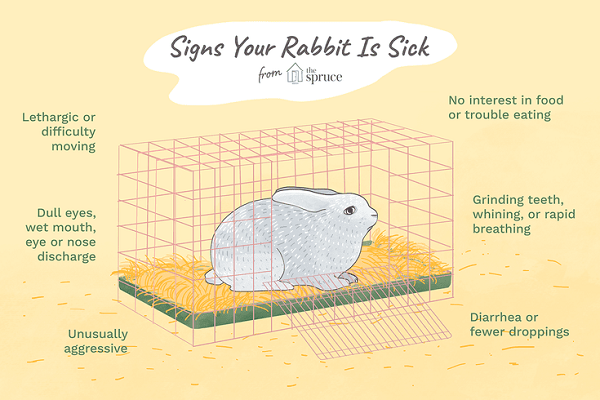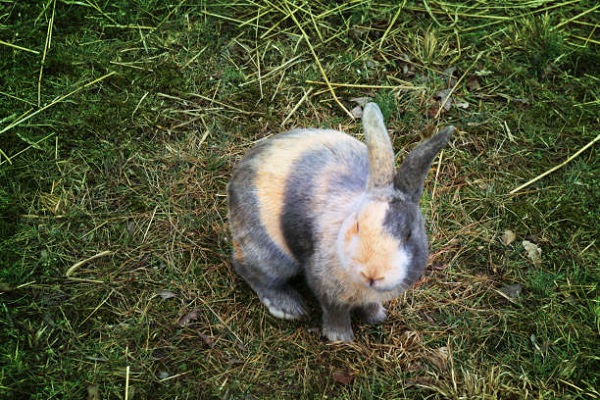A well-cared for rabbit makes for a perfect pet! Just like other animals, however, you must make sure your rabbit is getting regular checkups from the vet and eating a healthy diet. This will help maintain good health. Keep an eye out of any signs that your rabbit may be ill so it doesn’t worsen.

Why does my bunny get sick?

There are many reasons why bunnies become ill. These include exposure to germs, eating something that makes them sick, having a genetic predisposition for an illness (or just bad luck), or being affected by other factors such as the state of their environment. Since they sit at the bottom of the food chain, these animals often show no signs of when they’re unwell which leaves it up to us to carefully monitor our bunny’s health. Common symptoms of illness may manifest in:
– Sneezing. – Lethargy. – Lacklustre activity level.
Lowered energy and appetite:

Rabbits show two of the most common signs that they are sick; lethargic behavior and lower than normal hunger.1 This means that they may need medical attention soon, so keep track of their eating habits to see if there is anything going on.
Missing or excess stools can cause a number of problems for rabbits. A common sign of this is Rabbit Gastrointestinal Stasis, also known as RGIS. When the animal stops eating, everything in its digestive system slows down and it starts to stop producing stool- which can lead to many other problems if left untreated.
Poor grooming habits:
Rabbits take care of themselves by constantly washing themselves. When they do not groom themselves and it has obvious effects, such as feces on their feet or matted fur, this is a sign that the rabbit is ill. Signs of drooling, slobbiness or missing hair are also indications of health problems (such as tooth decay) which could be contagious to other animals/humans too – like Cheyletiella parasitovorax (walking dandruff mite).
Cold symptoms:
Respiratory illness in rabbits manifests itself through various different signs; therefore, if you notice abnormal behavior such as runny nose, sneezing, or panting – take your pet for a check up immediately.
Head tilt:
If your bunny’s head is listing to one side, the eye on that side seems to be having problems, or the rabbit has bad coordination, it could be experiencing sudden onset of head tilt, a dysfunction of the system that controls its balance
Treatment.
The treatment that a vet will prescribe for your bunny depends on what it needs. If you are unable to care for your rabbit yourself, try giving it fluids and keeping it warm with something like water or applesauce in a syringe. Depending on the condition, your vet may prescribe medication too. Illnesses can arise suddenly with rabbits, so make sure you have an experienced veterinarian who treats bunnies. All pets should visit the vet at least once per year until age four; after which they need a yearly appointment every six months. A specialist knows how best to treat bunnies because of their unique physiology which might present certain symptoms earlier than usual humans would.
What can one do to prevent illness in rabbits?

It’s not always possible to completely prevent illness in rabbits, but there are many ways of doing so. Maintaining a healthy diet, providing a safe and caring environment, keeping an eye out for extreme temperatures (both hot and cold), paying attention to their behaviors – these things all play crucial roles. And remember that touching them is just as important as checking over what they’ve been up to! As long as you’re around regularly, they’ll quickly grow accustomed to your presence, which means it won’t take too much time before you’re getting used to caring for them too.
